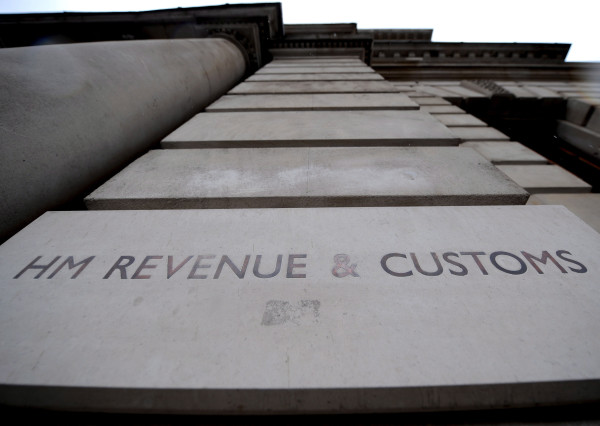

HM Revenue & Customs (HMRC) has reminded pension scheme administrators they should be doing their own checks on receiving schemes when it comes to pension transfers and not rely on HMRC for guidance.
In its pension schemes monthly newsletter, the taxman stated it had seen increased queries from schemes to confirm the receiving scheme’s registration status.
But it stated: "We want to remind scheme administrators that you should only contact HMRC in cases of transfer if you have concerns about the receiving scheme’s registration status.
"You should carry out your own checks when deciding whether or not to make a transfer, and if you’re satisfied that the receiving scheme is a registered pension scheme you may make the transfer without contacting HMRC for confirmation of the registration status."
HMRC officials declined to disclose the numbers of new requests received.
When an individual requests a pension transfer, the scheme administrators of the transferring scheme can ask the taxman for confirmation of a receiving scheme’s registration status.
HMRC will only confirm the status of the receiving scheme if two conditions are met: if it’s a registered scheme, and if the taxman doesn’t hold information to suggest there’s a significant risk of it being set up or being used for pension scams.
In cases of the receiving scheme being a small self-administered scheme (Ssas), this is one of the few options for administrators to check if it is safe to proceed with the transfer, as some of these have historically been created specifically to invest the money transferred.
Martin Tilley, director of technical services at Dentons, told FTAdviser HMRC needed to recognise the fact the liability and risk management of the transfer lies with the transferring scheme trustees and their administrators.
He said: "The potential liability of getting this wrong is high and one of the ways deemed appropriate to ensure no liability can occur is to get HMRC’s confirmation directly.
"In the current climate of complaint and litigate if something does go wrong, they shouldn’t be surprised that those with the potential liability wish to make sure they have all bases covered."
According to data from the Financial Conduct Authority (FCA) and The Pensions Regulator (TPR), pension scam victims lost an average of £91,000 each last year.
Ricky Chan, director and financial planner at IFS Wealth and Pensions, said: "Given the rise in pension scams and awareness about them, it’s right for scheme trustees to be vigilant which includes the checking with HMRC part.
'And so it’s probably just of their generic ‘checklist’ to verify the receiving schemes’ HMRC registration status."
Mr Chan said these checks are most likely to happen when the receiving scheme is not using Origo options for electronic transfers, so "schemes have to verify paperwork received before sometimes sending large sums of money".
"Hence there could probably be duplicated work in the verification process," he concluded.
maria.espadinha@ft.com



